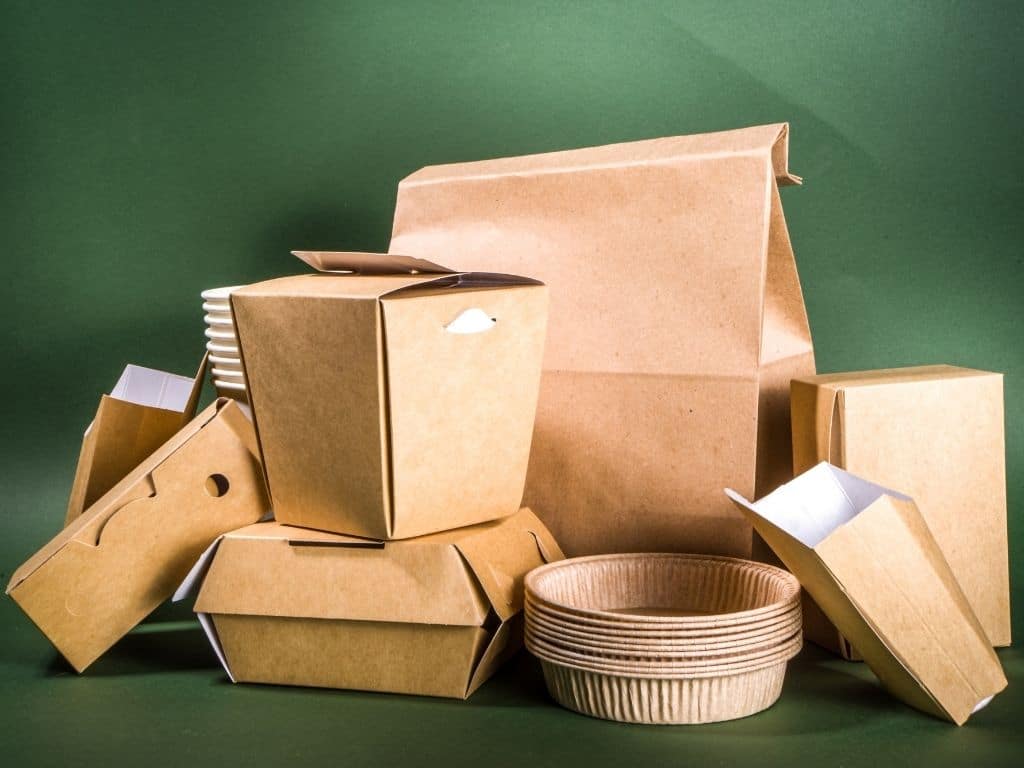Are you looking for a sustainable packaging supplier for your business? Choosing the right supplier can have a significant impact on the packaging supply chain and the environment.
With the world advancing, continuous efforts are being made to adapt to sustainable options. The urge to switch to environmentally friendly options has expanded substantially, from our clothes to our toothbrushes.
With people realizing the importance of right packaging, which not only protects our products and makes it possible to be moved over miles and stored safely for extended periods of time but also a little effort towards global welfare.
Hence, the demand for products packaged with sustainable materials has increased significantly. Choosing a sustainable packaging supplier seems to be a little effort, but this makes a huge change when we look at the impact it makes on a global level.
Choosing a sustainable packaging supplier: What to look for
In this blog, we’ll take a closer look at some of the things to consider when selecting a sustainable packaging supplier.
- Materials
The first and the most fundamental thing we need to consider is the materials used in packaging. When choosing, look for suppliers that use sustainable materials such as recycled paper, biodegradable plastics, and plant-based materials like bamboo or cornstarch. Make sure to ask your supplier about the source of their materials and how they ensure they are sustainably sourced. By choosing sustainable materials, you can support a more responsible packaging supply chain that prioritizes environmentally friendly materials.
But there’s more to it than simply choosing materials that are eco-friendly. One common issue that arises when choosing sustainable packaging is the confusion surrounding terms like “recyclable,” “compostable,” and “biodegradable.” Without a clear understanding of these terms, it can be difficult to make informed decisions about packaging materials.
For instance, the terms “biodegradable” and “compostable” are often used interchangeably, but they’re not the same thing. Both biodegradable and compostable materials will eventually break down, but they do so in very different ways.
Compostable materials require specific conditions, such as heat, water, and oxygen, in order to break down completely. This process typically takes several months to a year. However, Biodegradable materials break down naturally over time, without the need for specific conditions.
By understanding the differences between these terms, you can make more informed decisions about the types of sustainable packaging that will work best for your needs.
For example, if you want to use materials that will break down quickly and easily, compostable options may be a good choice. On the other hand, if you’re looking for packaging materials that will biodegrade naturally over time, biodegradable options may be a better fit. Whatever your needs may be, taking the time to understand these important terms will help you make more informed decisions and choose the right packaging.
- Production process
Sustainable packaging suppliers are committed to implementing eco-friendly production processes that minimize waste and reduce greenhouse gas emissions. Make sure that the suppliers have obtained sustainability certifications such as ISO 14001 or B Corporation certification.
These certifications show that the supplier has committed to sustainability and have been assessed by a third-party auditor. Also, this ensures the consumers that the suppliers are following best practices for sustainability.
- Design
The design of the packaging is also an important consideration when choosing a sustainable packaging supplier. The Suppliers must ensure that the design is easy to reuse, recycle, or repurpose. As a consumer you must look for packaging that is made from materials that are easy to disassemble or that can be reused for other purposes such as gift wrapping or storage containers. By choosing packaging that can be reused or repurposed, customers can help to reduce waste and minimize their environmental impact.
- Transportation
Transportation is also an essential point that you should consider while opting for environmentally friendly options. Choose suppliers that provide eco-friendly transportation methods such as electric vehicles or trains. This can help to reduce the carbon footprint of the packaging supply chain and helps to minimize the impact on the environment.
- End-of-life options
Consider what happens to the packaging at the end of its life. The disposal of packaging can have a significant impact on the environment. Look for a supplier that offers recycling or composting programs, or that can take back the packaging to be reused or recycled. This way you can support a packaging supply chain that prioritizes sustainability throughout the entire lifecycle of the packaging.
- Local suppliers
If you are considering sustainable packaging, then choose a local supplier who is based in your area or region or uses locally sourced materials. This can help to reduce the carbon footprint of the packaging supply chain.
- Price
Considering environmentally friendly packaging? Price is an essential component as well. Even though many people wish to adapt to environmentally friendly options but find it difficult to switch owing to the price it takes.
Most of the sustainable options in the market take a huge toll on the budget. This is the significant reason why even with growing awareness of the relevance of sustainable products, people continue to use plastic which is way cheaper than environmentally friendly choices.
While sustainable packaging may be more expensive than traditional packaging, it is important to weigh the long-term benefits of choosing sustainable options. Consider the environmental impact, customer satisfaction, and potential savings in the long run when making your decision.By shifting to sustainable packaging consumers can help reduce waste.
Wrapping Up
Sustainable packaging options are designed to reduce the environmental impact of packaging by using renewable and biodegradable materials, which can reduce waste, improve efficiency, and lower overall costs.
Additionally, choosing sustainable packaging demonstrates a commitment to reducing environmental impact, improves brand reputation, and ensures compliance with regulatory standards.
By embracing sustainable packaging, companies can play an important role in reducing waste, preserving natural resources, and contributing to a healthier planet and by considering these factors, you can choose a sustainable packaging supplier that aligns with your values and helps to minimize the impact on the environment
Read more –Handmade Custom Jewelry Production





